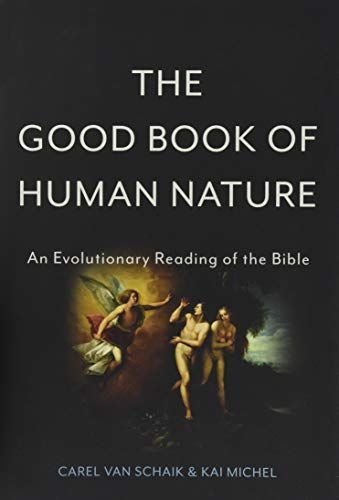
The Good Book of Human Nature An Evolutionary Reading of the Bible
How reading the Bible as a work of cultural and scientific evolution can reveal new truths about how our species conquered the Earth The Bible is the bestselling book of all time. It has been venerated -- or excoriated -- as God's word, but so far no one has read the Bible for what it is: humanity's diary, chronicling our ancestors' valiant attempts to cope with the trials and tribulations of life on Earth. In The Good Book of Human Nature, evolutionary anthropologist Carel van Schaik and historian Kai Michel advance a new view of Homo sapiens' cultural evolution. The Bible, they argue, was written to make sense of the single greatest change in history: the transition from egalitarian hunter-gatherer to agricultural societies. Religion arose as a strategy to cope with the unprecedented levels of epidemic disease, violence, inequality, and injustice that confronted us when we abandoned the bush -- and which still confront us today. Armed with the latest findings from cognitive science, evolutionary biology, archeology, and religious history, van Schaik and Michel take us on a journey through the Book of Books, from the Garden of Eden all the way to Golgotha. The Book of Genesis, they reveal, marked the emergence of private property-one can no longer take the fruit off any tree, as one could before agriculture. The Torah as a whole is the product of a surprisingly logical, even scientific, approach to society's problems. This groundbreaking perspective allows van Schaik and Michel to coax unexpected secrets from the familiar stories of Adam and Eve, Cain and Able, Abraham and Moses, Jesus of Nazareth and Mary. The Bible may have a dark side, but in van Schaik and Michel's hands, it proves to be a hallmark of human indefatigability. Provocative and deeply original, The Good Book of Human Nature offers a radically new understanding of the Bible. It shows that the Bible is more than just a pillar for religious belief: it is a pioneering attempt at scientific inquiry.